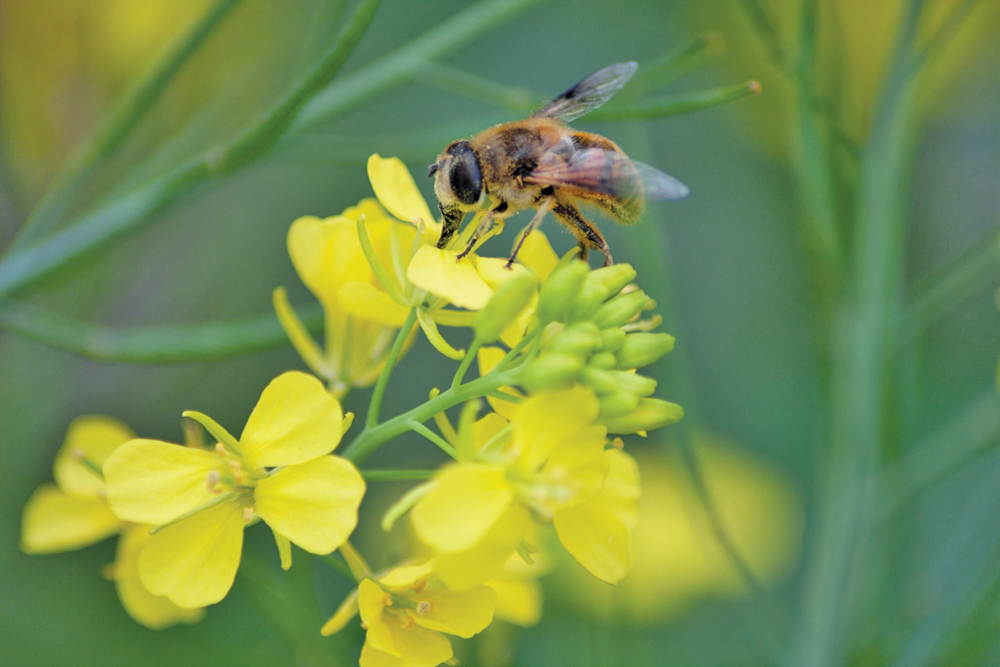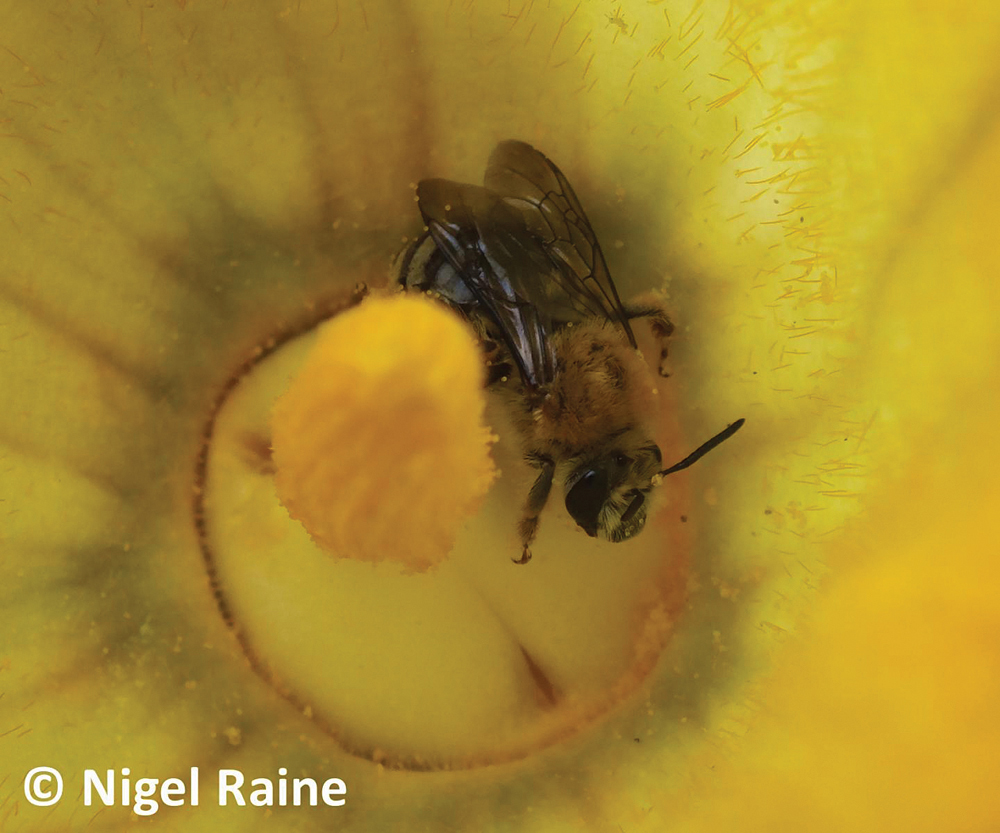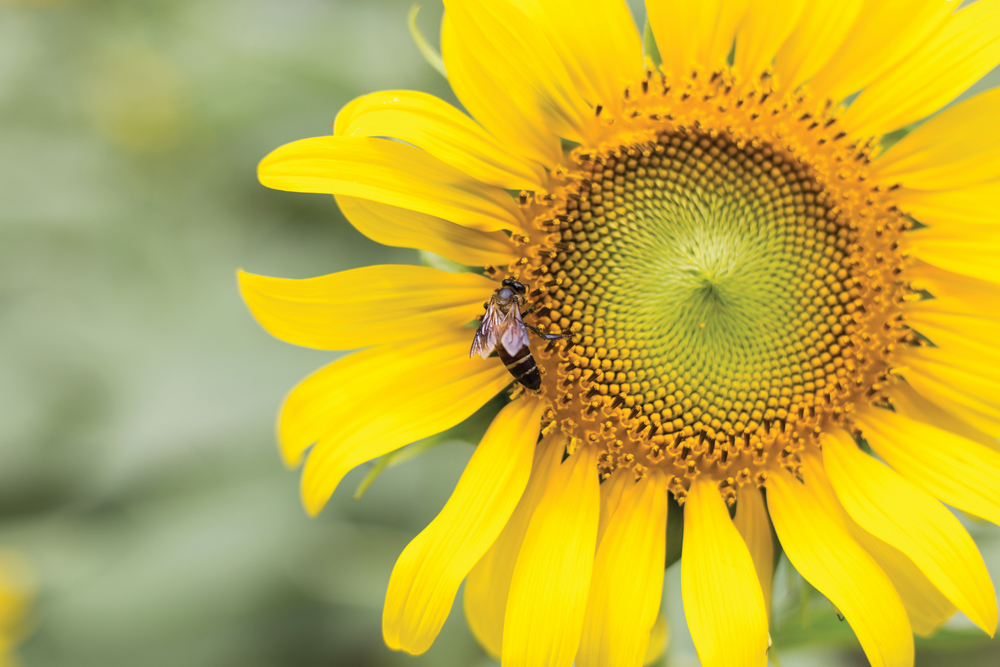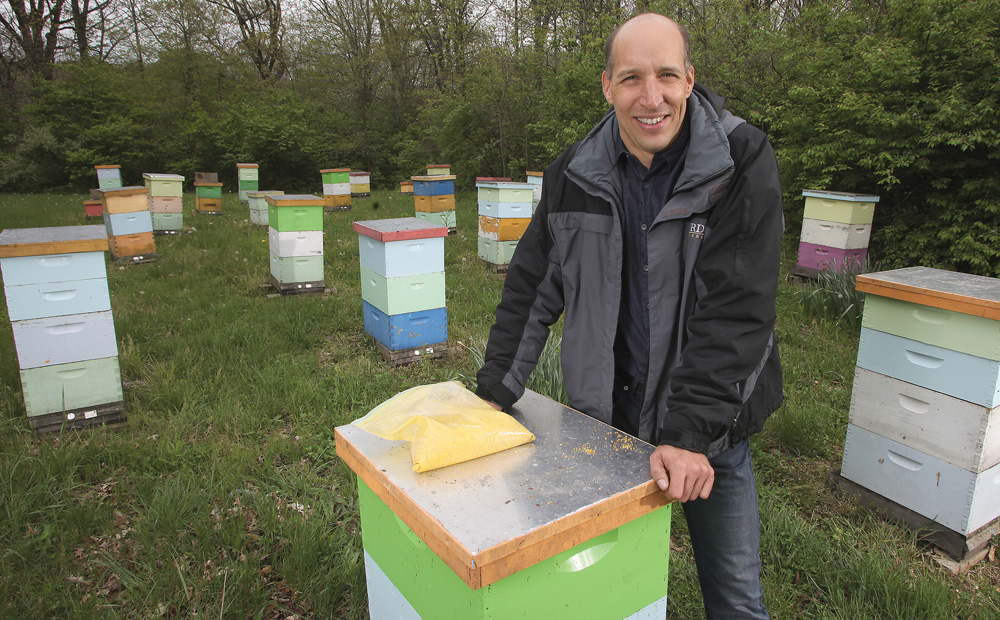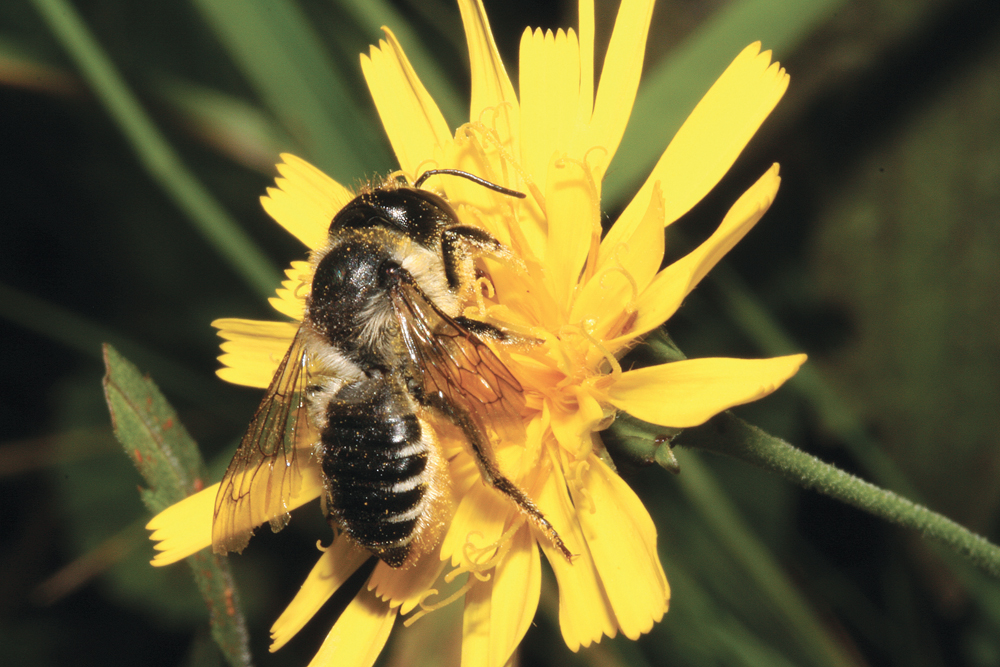“We don’t want the honey name to be tarnished.” – GUY CHARTIER, BEE MAID HONEY
An international wave of fraudulently disguising, repackaging and reselling honey imported from China appears to be bypassing Canada.
Canada’s federal honey regulations and monitoring programs are keeping illegal, adulterated and contaminated honey out of the country, according to the Canadian Food Inspection Agency.
“At this point in time, I’ve got no evidence to suggest we’re seeing that,” said Tom Hauschild, national manager for CFIA’s dairy, egg and honey programs. “We’ve got a lot of confidence in our monitoring programs.”
Read Also

Mapping tool to stop accidental spray damage now available across Prairies
FieldWatch mapping platform aims to drop accidental spray damage. It’s been available to Saskatchewan farmers and aerial applicators since 2012 and is now available in Manitoba and Alberta.
The Canadian honey industry also says there’s no sign that so-called “laundering” of Chinese honey occurs here.
“The short answer is no,” said Guy Chartier, CEO of Bee Maid Honey Ltd. in Winnipeg.
Recent media reports suggest illegally “transshipping” Chinese honey – importing it, rebranding it and selling it to a third party – is common in the U. S. and some other countries.
The apparent purpose is to avoid health inspections, import fees and special tariffs erected to prevent dumping of cheap foreign honey.
“Polish Light Amber”
A recent story in the Seattle Post-Intelligencer described elaborate schemes to smuggle Chinese honey into the U. S., falsify country of origin and reroute the product to buyers at home and abroad.
After following the honey trail for five months, the paper found that large shipments of laundered Chinese honey are often imported from 13 countries (not Canada) and falsely relabelled as coming from those places.
In one case, drums of Chinese honey were labelled “Polish Light Amber Honey.”
Because the U. S. is a net importer of honey (Canada is a net exporter), honey scams are seen as financially worthwhile.
“There’s more crooks than ever and it has become a really nasty business out there,” Elise Gagnon, CEO of Odem International Inc., a large Quebec-based honey trading house, was recently quoted as saying.
Cases of honey fraud are reported in other countries, too.
Last year in Australia, two companies were fined for importing and relabelling containers of Chinese honey as Australian.
Last month, India passed legislation to prevent its ports from becoming laundering points for Chinese honey.
Besides smuggling, another concern is that honey originating from China is sometimes adulterated with other sugars and even contaminated with antibiotics.
In 2002, CFIA found traces of chloramphenicol, an antibiotic linked to a rare but serious human side-effect called aplastic anemia, in Chinese honey shipments during its ongoing monitoring program.
Hauschild said CFIA immediately issued a huge recall and began testing every single shipment of Chinese honey for veterinary drugs, heavy metals and other chemical residues. The practice continues to this day.
“People got burned”
CFIA also tests both imported and domestic honey for other sugars to ensure against adulteration, Hauschild said.
The Canada Agr icultural Products Act contains rules to regulate the import, export and interprovincial trade of honey. Federal regulations also include honey standards which make it easier for inspectors to reject shipments failing to meet the criteria.
Statistics Canada reported that one million kg of honey from China entered this country in 2007. It’s not known how much, if any, of that product was rejected.
Chartier said Canadian importers tend to avoid Chinese honey because of negative past experiences with it.
“Why isn’t there more honey coming in from China? It’s probably because most people don’t want to touch it,” he said.
“A lot of people got burned and that’s why they’ve been staying away from Chinese (honey).”
Chartier said Bee Maid, a cooperative owned by Manitoba and Alberta producers, sells only 100 per cent Canadian honey.
Although Canada so far appears free of Chinese honey laundering, fears about a repeat of last year’s contaminated baby milk and pet food scandals make it important for officials to continue on their guard, said Chartier.
“Are we concerned? Sure, we’re always concerned about these things because we don’t want the honey name to be tarnished.” [email protected]






